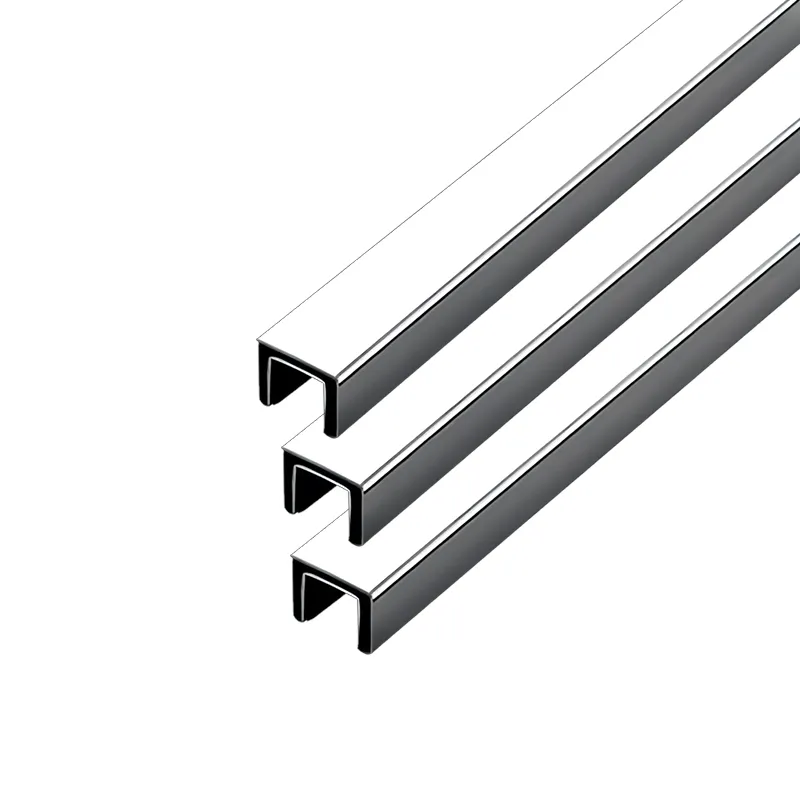
The Importance of Choosing the Right Mechanical Parts Suppliers
In today's fast-paced industrial landscape, the efficiency and reliability of manufacturing processes heavily depend on the quality of mechanical parts. Whether in the automotive, aerospace, machinery, or any other sector, the performance of a product often hinges on the precision and durability of its components. Therefore, selecting the right mechanical parts supplier is crucial for ensuring operational success and competitiveness.
Understanding Mechanical Parts Suppliers
Mechanical parts suppliers provide a wide array of components, ranging from gears, bearings, and fasteners to complex assemblies used in various machinery and equipment. These suppliers can be categorized into different types, including original equipment manufacturers (OEMs), aftermarket suppliers, and custom parts manufacturers. When seeking a supplier, companies must consider their specific needs, production volume, and quality standards.
Importance of Quality
The foremost consideration when choosing a mechanical parts supplier is the quality of their products. Low-quality components can lead to mechanical failures, increased downtime, and significant financial losses. Reputable suppliers typically adhere to industry standards and certifications, such as ISO 9001, which ensures a commitment to quality management. Additionally, they often conduct rigorous testing and quality assurance processes to maintain the integrity of their products.
Cost Efficiency and Value
While price is an important factor, it should not be the only criterion when selecting a mechanical parts supplier. Sometimes, opting for the cheapest option can lead to subpar quality and higher long-term costs due to frequent replacements or repairs. Indeed, a reliable supplier will offer a balance between cost and quality, providing value that goes beyond the initial purchase price. Understanding the total cost of ownership, which includes maintenance, replacement, and production downtime, is essential for making informed decisions.

Lead Times and Reliability
Another critical aspect to consider is lead time. In an industry where time is money, delays in acquiring essential mechanical parts can halt production and derail schedules. A dependable supplier understands the importance of timely deliveries and has robust logistics in place to meet the demands of their clients. Establishing clear communication and setting realistic timelines are vital for avoiding misunderstandings and ensuring that both parties are aligned on expectations.
Technical Support and Customer Service
Good customer service can significantly influence the relationship between a manufacturer and their parts supplier. Suppliers that offer technical support, whether for product selection, installation, or troubleshooting, can add immense value to their partnerships. Their knowledge can help manufacturers make informed choices and adapt to changing requirements effectively. A supplier that is responsive and willing to collaborate can foster a long-term relationship, paving the way for future business opportunities.
Customization and Flexibility
In many cases, manufacturers may require customized components to meet specific project requirements. A supplier that offers flexibility and the ability to produce tailored parts can be a major asset. This customization can range from modifications in design to specific material choices. A supplier that understands the unique needs of their clients will not only enhance product performance but also contribute to innovation and competitiveness in the market.
Conclusion
In conclusion, the selection of mechanical parts suppliers is a fundamental decision that can impact the overall success of a manufacturing operation. Quality assurance, cost efficiency, reliable lead times, excellent customer service, and the ability to customize components are key factors to consider. By thoroughly evaluating potential suppliers and building lasting partnerships, businesses can ensure that they not only meet but exceed the demands of their respective industries. Investing in the right supplier can lead to enhanced productivity, reduced downtime, and ultimately, a stronger bottom line.